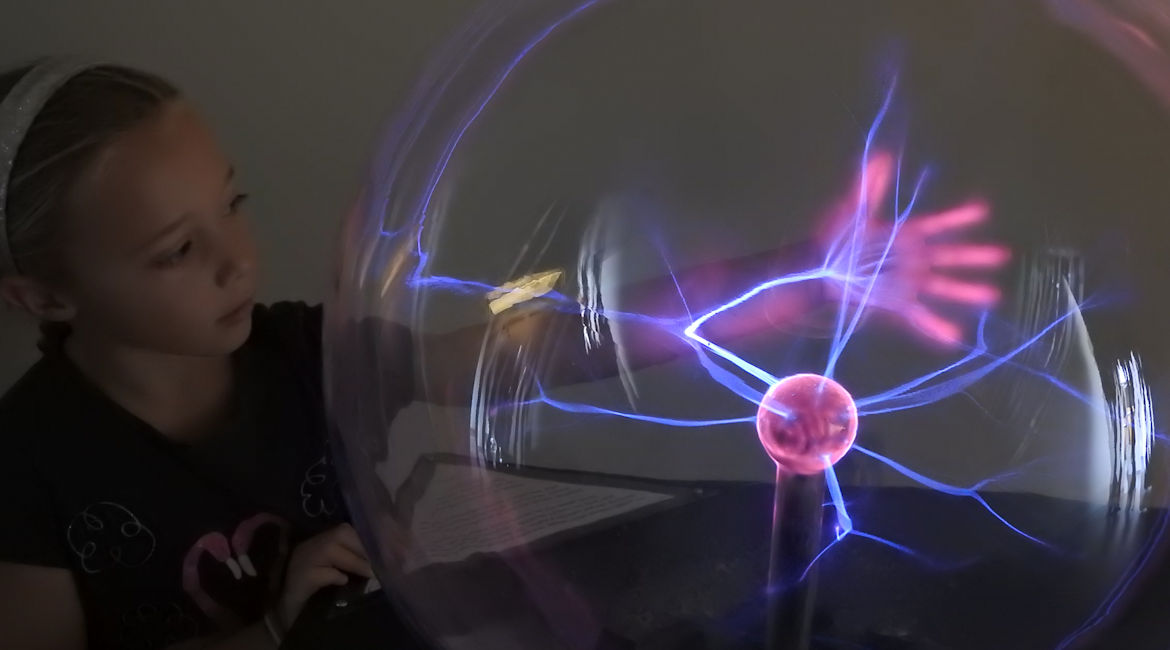Teaching science to your child can be a daunting topic if you weren’t a science fan yourself, but there are so many fun and easy ways to get your child interested in the subject. They’re easier than you think.
In many ways, we are closer to the beginning, rather than the end, of our exploration of science. As I write, my oldest has just turned 14 and my youngest is 8. My wife is a nurse and my undergraduate training was as a chemical engineer, so many may think we are better prepared to tackle science than most. While that may be true, it still seemed a daunting task. My hope in this post is to demystify science and give you a few helpful take-away tips to use in your family’s homeschooling journey.

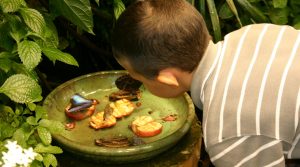
First, science is mostly about observation. Knowing that, we have always had our children outside exploring their world. Anyone who knows them will report that you can just turn our children out – a Walmart parking lot will do, though we prefer the back yard, a field, a creek, a seashore, a mountain, a forest or a desert – and they will find all sorts of treasures. Many of my fondest memories with our children relate simply to being outside with them while they explore their world. Over the years, all our children became expert observers of everything going on around them as they would dart from one to another as they discovered some new treasure.
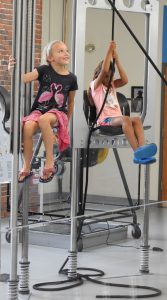 Second, science is hands-on and practical. Augmenting our time in the field, we regularly took our children to children’s museums, hands-on science museums or zoos/aquariums to give our children the opportunity to interact with electricity, pulleys, levers, light, sound, flight, bubbles, construction, gems and animals of all sorts. Frequently, these museums would have programs – taking apart common household appliances, guided nature hikes, building igloos, constructing circuits, flying quads, observing raptors in flight, etc… These took almost no effort on our part, but allowed others who had a passion for such things to share their knowledge with our children.
Second, science is hands-on and practical. Augmenting our time in the field, we regularly took our children to children’s museums, hands-on science museums or zoos/aquariums to give our children the opportunity to interact with electricity, pulleys, levers, light, sound, flight, bubbles, construction, gems and animals of all sorts. Frequently, these museums would have programs – taking apart common household appliances, guided nature hikes, building igloos, constructing circuits, flying quads, observing raptors in flight, etc… These took almost no effort on our part, but allowed others who had a passion for such things to share their knowledge with our children.
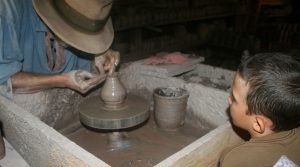 Third, many communities (particularly if you are willing to travel a bit) are generally full of potential scientific activities just waiting for you to discover. We have found many by doing little more than checking out community calendars and cold-calling local businesses and universities. As a result our children have enjoyed
Third, many communities (particularly if you are willing to travel a bit) are generally full of potential scientific activities just waiting for you to discover. We have found many by doing little more than checking out community calendars and cold-calling local businesses and universities. As a result our children have enjoyed
- Attending and/or participating in science fairs, Lego robot competitions and animal pelt auctions
- Touring maple sugaring operations, working dairy farms, micro-biology laboratories, optics manufacturers and knitting mills setting the tone
- Star gazing with local astronomy clubs, birding with local guides and hunting or fishing with local experts
Such activities require little more than showing up and enjoying the wonder of the experience with your children.

Fourth, science is exciting. A practice we have used throughout the years in many different applications is reading to our children. Reading the biographies of famous scientists/inventors like Louis Pasteur, George Washington Carver, the Wright Brothers and Thomas Edison opened our children’s young minds to the exploits of other imaginative children. Thereafter, our children’s own tastes and interests have led them to explore many others – i.e. the First Woman Doctor, Elizabeth Blackwell, Henry Ford, etc…
Finally, do not neglect the value of TV shows, documentaries and movies. For example:
- Simple TV programs like the Magic School Bus or Wild Kratts introduce children to many scientific concepts in fun and engaging ways. Alton Brown’s Good Eats teaches many food chemistry principles that you can then take into your own kitchen to try out.
- Documentaries of all sorts often tell scientific stories in extraordinary ways. To start, the photography in many nature shows (i.e. Blue Planet, Planet Earth and many more) is beyond compare – introducing your children to the awesome wonder of the landscapes, eco systems, plants and animals that comprise the natural world. Others cover ancient technology (i.e. Ancient Discoveries; Rome: Engineering an Empire), modern science and medicine (i.e. Body Story, Modern Marvels), great rivals (i.e. American Genius) and more.
- Movies are too often neglected in my experience and some include important scientific elements. Some of our favorites include:
- October Sky
- Longitude
- Apollo 13
- Gifted Hands
- Master and Commander
- The Boy Who Harnessed the Wind
- War movies are another excellent way to show the progress of science in the form of weaponry. Even science fiction can introduce children to scientific concepts and vocabulary, though they generally take dramatic license that departs from scientific truths.
The fact is that visual media are compelling and very powerful, leaving an indelible mark on those that watch. Sometimes that can be a good thing. Other times it is not. That is why it is so important that you watch these shows with your children so you can redeem the bad for good.
All these experiences I have mentioned above are fun. In my experience children like to do things that are fun. Furthermore, none of my suggestions require any scientific knowledge at all. The point is to expose your children to the wonder of science. That will help them to want to learn more and give you plenty of practical experiences to draw upon as they delve into the more formal study of science (i.e. physics, chemistry and biology) in an organized way.
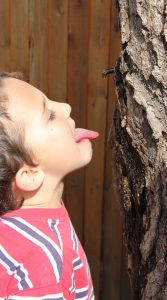
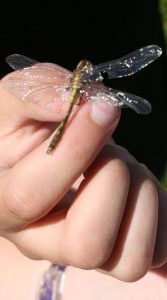
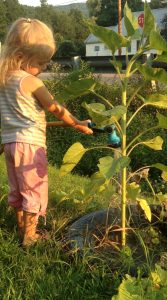



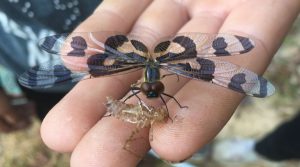

By Steve Atherton
